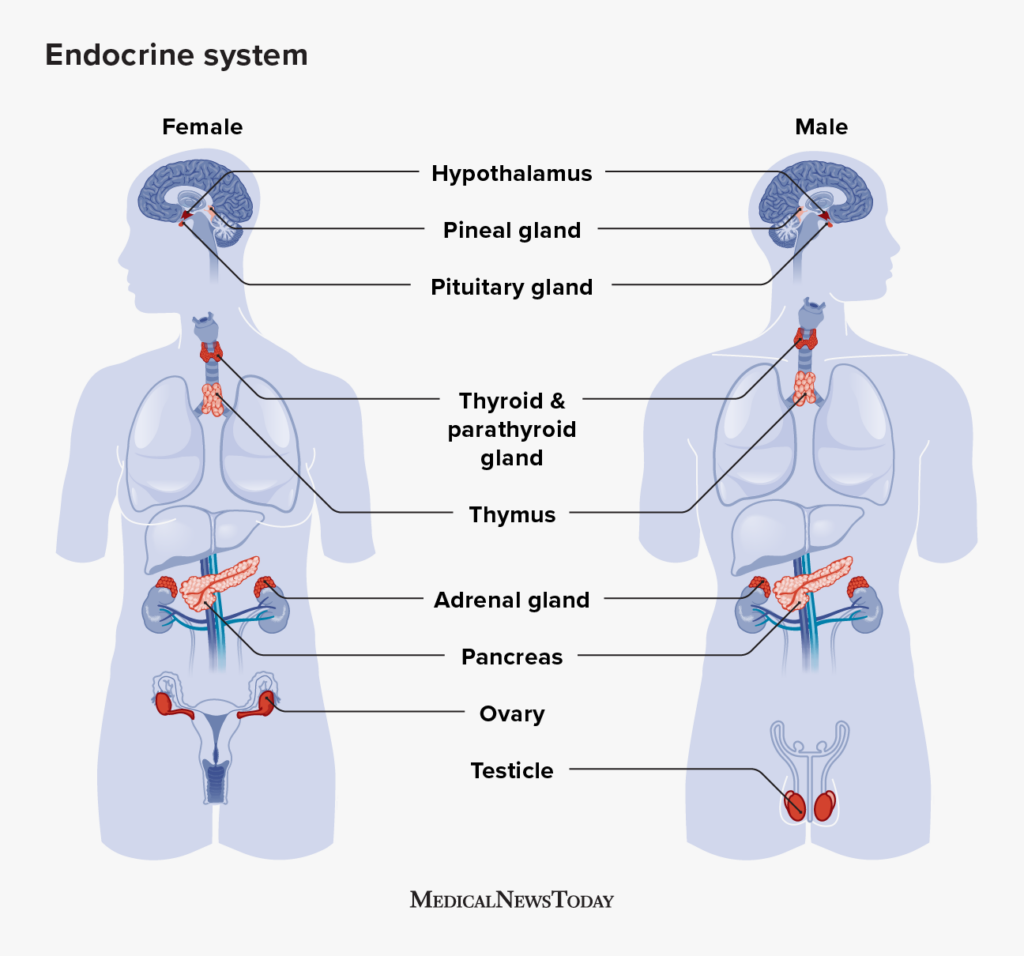Endocrinologist in Cedar Park: Comprehensive Hormone Wellness Solutions
Browsing the Intricacies of Thyroid Problems With an Endocrinologist
Thyroid problems can be intricate and tough to take care of. From medical diagnosis to therapy and long-lasting care, navigating the intricacies of these conditions calls for the proficiency of an endocrinologist. In this short article, we will explore the value of looking for expert assistance from an endocrinologist when handling thyroid disorders. We will certainly look into the understanding of different thyroid disorders, the significance of exact medical diagnosis, and the offered treatment alternatives. In addition, we will talk about the recurring monitoring and support needed for people with thyroid conditions. By understanding the duty of an endocrinologist in attending to thyroid complexities, patients can encourage themselves to make educated choices and obtain the extensive treatment they should have.
Understanding Thyroid Problems
Thyroid problems can be much better understood with guidance from an endocrinologist. Hypothyroidism, for example, happens when the thyroid does not create adequate hormonal agents, resulting in signs and symptoms such as fatigue, weight gain, and depression.
Recognizing thyroid problems needs a detailed assessment of a person's clinical history, physical evaluation, and laboratory tests. Endocrinologists specialize in the medical diagnosis and treatment of hormonal conditions, consisting of thyroid conditions.
In addition, endocrinologists recognize with the current innovations in thyroid research study, which enables them to provide one of the most reliable and updated treatment approaches. Endocrinology. They can prescribe drug to control hormonal agent levels, advise way of life modifications, and deal guidance on taking care of symptoms. In even more complex situations, they may work together with other experts to ensure comprehensive treatment

Value of an Endocrinologist
An endocrinologist plays an important role in the medical diagnosis and administration of thyroid disorders, supplying specific know-how and understanding in hormonal conditions. With their comprehensive training in the endocrine system, these physician are uniquely certified to treat and analyze thyroid conditions.
Among the crucial reasons an endocrinologist is very important in the management of thyroid problems is their ability to properly diagnose the problem. Thyroid disorders can be complicated, with symptoms that may overlap with various other medical problems. An endocrinologist has the proficiency to carry out a comprehensive analysis, including an in-depth clinical history, physical exam, and specialized tests to precisely detect the particular thyroid problem.
Furthermore, an endocrinologist is furnished to create a tailored treatment strategy for each specific patient. They take into account variables such as the type and seriousness of the thyroid condition, the client's general wellness, and their preferences. This individualized strategy ensures that the treatment plan is enhanced for the person's specific needs, leading to much better results.
In enhancement to medical diagnosis and therapy, an endocrinologist also plays an important function in lasting monitoring of thyroid problems. They monitor the patient's thyroid hormone levels, adjust medication dosages if necessary, and offer ongoing support and education to help patients effectively manage their condition.
Diagnosing Thyroid Disorders
The recommended you read endocrinologist's competence includes precisely identifying thyroid conditions with an extensive examination, consisting of a comprehensive case history, health examination, and specialized examinations (Endocrinologist in georgetown). This strategy enables the endocrinologist to gather crucial details concerning the individual's symptoms, clinical history, and family background, which can supply important insights right into the possible root causes of the thyroid disorder
Throughout the physical exam, the endocrinologist will carefully check out the individual's neck for any indicators of swelling or irregularity in the thyroid gland. They may additionally inspect for various other physical indications, such as changes in hair appearance, skin dryness, or sticking out eyes, which can be a sign of thyroid disorders.
Along with the medical history and physical exam, the endocrinologist may purchase customized tests to further review the function of the thyroid gland. These tests may consist of blood tests to measure the degrees of thyroid hormones, thyroid-stimulating web hormonal agent (TSH), and antibodies that might be related to autoimmune thyroid disorders. Imaging examinations, such as ultrasound or nuclear medication scans, might also be done to analyze the size, shape, and structure of the thyroid gland.
Treatment Choices and Monitoring
The option of treatment depends on the specific kind and extent of the thyroid problem, as well as private client elements. In cases of hypothyroidism, where the thyroid gland does not generate adequate thyroid hormones, the most common therapy is hormonal agent replacement therapy.
For hyperthyroidism, where the thyroid gland generates extreme quantities of thyroid hormones, treatment options include drugs, radioactive iodine therapy, or surgery. Drugs, such as beta blockers, can be prescribed to take care of symptoms and lower the production of thyroid hormonal agents.
In addition to these traditional therapies, there are likewise different therapies that some individuals might consider, such as organic supplements, acupuncture, or nutritional modifications. It is important to note that these alternate therapies should be gone over with an endocrinologist to guarantee they are efficient and secure.
Long-Term Treatment and Assistance
Lasting treatment and assistance for individuals with thyroid disorders involves continuous tracking and tailored therapy intends provided by an endocrinologist. After an initial diagnosis and treatment, it is important for people to proceed obtaining normal follow-up treatment to ensure that their thyroid function remains stable and that any potential complications are identified and dealt with quickly.
Routine monitoring of thyroid hormone levels via blood examinations permits the endocrinologist to examine the efficiency of the treatment plan and make any necessary adjustments. This close surveillance additionally allows the early detection of any adjustments in thyroid feature and the recognition of potential relapses or difficulties, such as the growth of blemishes or the progression of thyroid cancer. Relying on the certain requirements of the patient, surveillance might happen every few months or on a yearly basis.

Verdict
With their expertise and experience, endocrinologists can provide long-lasting treatment and support to people with thyroid disorders. By looking for the guidance of an endocrinologist, individuals can receive the needed treatment and administration to properly navigate their thyroid condition. Best endocrinologist in austin.
